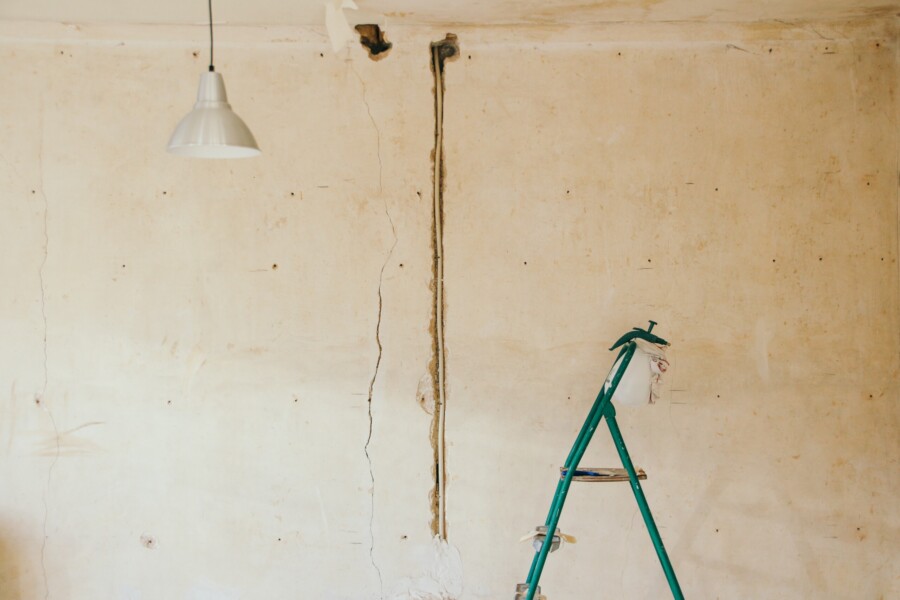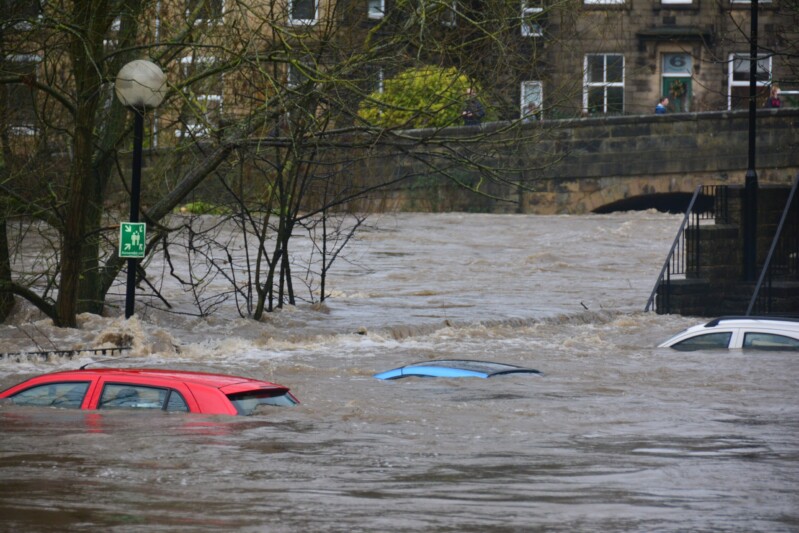Basement Flooding Clean Up
Basement flooding and cleanup is a common Midwest problem. According to the National Flood Insurance Program, “Floods can happen anywhere – just one inch of floodwater can cause up to $25,000 in damage.” Flooding can be expensive and time consuming to clean up, especially when you’ve converted your basement into an additional living space.
When the basement floods, it’s a time commitment to get it cleaned up and hauled away. With large disposal companies, it can be difficult to get the job done quickly. Working with a local company to deliver a temporary clean out dumpster, such as Homewood Disposal, makes the process of clean up smoother.

Two Types of Flooding
Tips about Basement Flooding
Not sure where to start or even what to do when your basement floods? Here are a few key steps.
Turn off the electricity and protect yourself
- Make sure you are entering a safe space that isn’t electrically charged. The waters could be contaminated by different materials or liquids that are hazardous to health.
- Before entering the basement, put clothes on that protect all your skin. Water in a flooded area can contain sewage or other unknown material
Remove water and household items
- Once everything is turned off and you are safe, use a wet/dry vacuum or a pump to remove access water. If you’re dealing with severe flooding, reach out to FEMA for information on flood insurance to help cover costs of damage.
Evaluate dry/wet Items
- Allow your items to dry at least 48 hours. Once 48 hours have passed, the decision whether to keep or pitch your affected items is made. If any of these items remain damp or begin to have signs of mold, pitch them. High exposure to mold can lead to reduced lung function and chronic health problems. It is better for your health to get rid of something, rather than trying to keep it.
Remove Carpet or Insulation
- Majority of the time, if you have carpet and your basement floods, you should remove it. Damp indoor material can attract mold, and this can lead to health problems. A major part of basement clean up after a flood is ordering a dumpster to place all your items in. Finding a dumpster after flooding can be frustrating when working with large corporate hauling companies. They often need advance notice when ordering a dumpster. Homewood Disposal is at your call and ready to serve you in the best way possible. We provide dumpsters quickly and will work with you and your schedule.
How to Prevent Basement Flooding
Now that your basement is clean after flooding, how do you prevent this from happening again? For those who have consistent basement flooding, the most popular option is to install a sump pump. A sump pump will redirect the water keeping it away from your basement. Another option is waterproofing your basement. Options include, sealing cracks, concrete raising, window well sealing, and yard drainage.
Other ways include updating your windows, replacing old pipes that may burst, or even updating old broken appliances that may be leaking. If you are in a high-risk zone for flooding, look into a home security system that includes remote water detection, monitoring and alerts.


The rainy season can bring lots of home flooding. Here in the Chicagoland area, April through June are the top months of rainfall and flooding. Not surprising because “April showers bring May flowers”. What may be surprising though is that August is the top of the list for rainiest month for flooding here in the Chicagoland area. Being prepared for flood season can save you a few hundred dollars, but also protect all those valuables in the basement.
The rainy season can bring lots of home flooding. Here in the Chicagoland area, April through June are the top months of rainfall and flooding. Not surprising because “April showers bring May flowers”. What may be surprising though is that August is the top of the list for rainiest month for flooding here in the Chicagoland area. Being prepared for flood season can save you a few hundred dollars, but also protect all those valuables in the basement.
How Dumpster Service Works After a Flood
Step 1:
Select Your Dumpster Size
Multiple options are available to fit the size and scope of your project.
Step 2:
Clean Up and Fill It Up
Your dumpster is delivered to your project and placed where you want it.
Step 3:
We’ll Take It Away
When you’re done, we’ll quickly pick up the dumpster and dispose of it.




